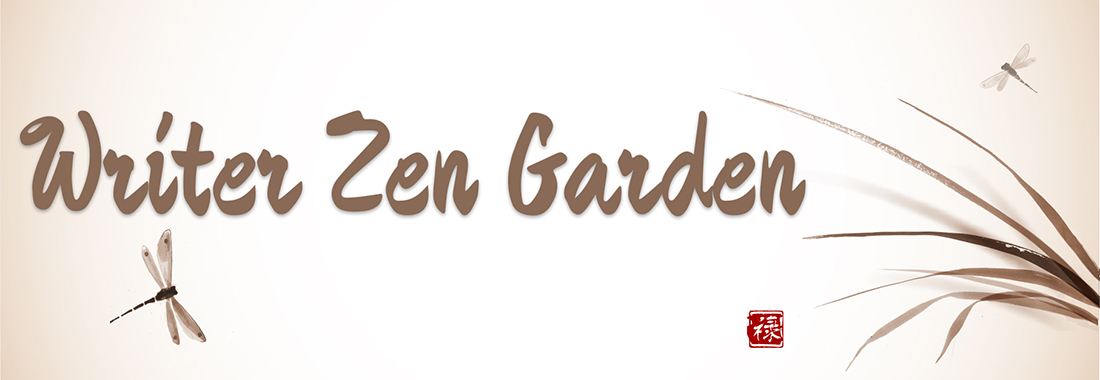Darla’s Diatribe of the Week
It didn’t happen.
The thing still arrives every week, though they have never pursued payment. The only correspondence came in the form of a request for my email address. Believe me when I say that is not going to happen. I can only imagine that they are happy to inflate subscription numbers for the sake of their advertisers.
It saddens me to see this waste, though the magazine’s content annoys me to the point I have no interest in sharing. Sigh… I guess the paper could be used to line cat litter boxes.
Meanwhile, we happily spend a fair chunk of change every year getting “2000 AD” and “The Judge Dredd Megazine” from Great Britain. Those comics are mailings I do anticipate.
Anything interesting or annoying show up in your mailbox? I hope it’s the former as opposed to the latter.
–
Dreaming of Luna
I still miss my itty bitty pretty kitty but have to smile at this unique memorial. Too bad there is no magical loom. Sigh…
–
Darla’s Writer Wednesday – Dreams of Writing
It’s time I get started, come to think of it. Happy writing, all.
~
Memorial to a Writer’s Cat
I lost my best feline pal early this afternoon. Her little body just couldn’t battle cancer any longer, so we released Luna to peace with the assistance of a very compassionate vet. Those folks and a local oncology team are forever in my debt for all their tender care. Today our vets’ office even wrote off the cost of a physical examination after we decided to let her go. Classy and caring, eh?
I must admit that Luna was not the best of writing buddies, typically demanding attention, often giving a painful claw poke inside my upper arm. But I wouldn’t have traded her for a bookshelf full of publications.
Yet now I have more time to write.
There are no more daily and weekly medication schedules. I no longer need monitor her food intake, making sure her two fellow felines eat only their share. Nor do the litter boxes require constant scooping to prevent toxic chemotherapy chemicals from spreading to others. I cancelled several pending veterinary visits and can even sleep without sharing my pillow or waking with fur in my hair.
Yeah…
So now I have more time to write.
This is my first, truly intimate pet loss. The darn cat actually picked me while living on local streets, visiting me in my burgeoning garden. She insisted on moving in despite my allergies, resulting in the salvation of our other rescued cats. They just happen to be happy without me as a human futon.
So. Okay. Yeah, now I have more time to write…
… and garden, for that matter.
Sigh…
–
Writer Wednesday – Crazy Chicken Dance
So, it’s Wednesday. The first Wednesday of June. This means it’s my day to write my Writer Wednesday post.
Um…
~crickets~
- Final line edits of Sealed by Fire are due Friday.
- I teach class tomorrow night.
- I have a meeting this morning at the regional sales office for my day job.
- I should probably do laundry this millenium.
- I need a vacation.
Getting My Sci Fi Geek On
What entertains you these days? Any good books or shows you’d like to promote?
–
Writer Wednesday – Our Artistic Inner Child
–
Herding Turtles
Special Guest, Jay Hopkins: “Always Always”
You should have the man in your life who is your Light and Love and Life. Who is always-always there when when you need a pick-me-up, a warm smile or just a hug. Yes, sometimes he will slip as he still has a little boy inside and won’t be the always-always guy. That little boy inside, always always, even still, needs your hugs and love!
The man who holds your heart, who values it more than his own. Who understands what drives you, what fuels your passions and feeds your soul. That holds each tear you shed as if he himself, lost. He encourages you, uplifts your soul, replenishes your joy and fills your spirit with joyous noise and laughter.
That man who inspires you to catch your dreams. To be the best that you can be, who is inspired just by knowing you, to then endeavor to be his very best.
Who, you can’t wait to fall asleep in his arms, knowing he can’t wait to fall asleep in yours. That you can’t wait to wake up, in each others arms!
In your minds hearts you are both 8 year olds, in constant wonder at each others loves and lives, laughing at and appreciating everything about each other. Constant amazement. Rapturous wonder, the depth of even the mundane never ceases to hold you both rapt and wrapped in each others arms, even if you are thousands of miles apart. Your hearts are always, always just a whisper, apart.
And in that quiet, those peaceful moments where silence and the souls rest, resides; love holds both hearts. Calm resides within, amidst the busy noise of life, tranquil in the holding of each loves love. Always. Always.



